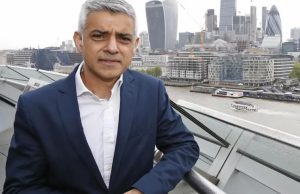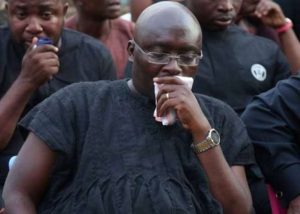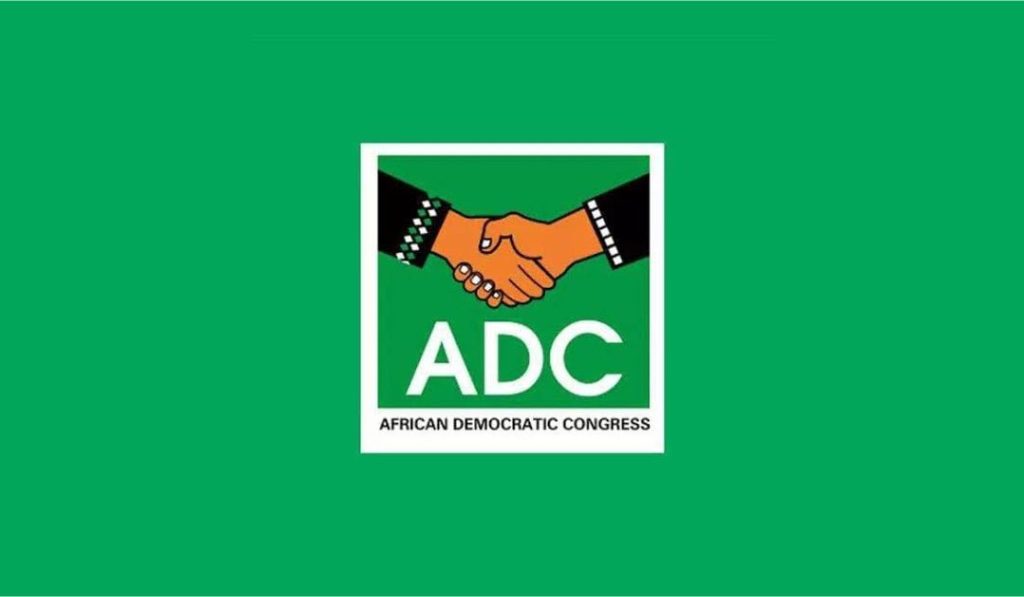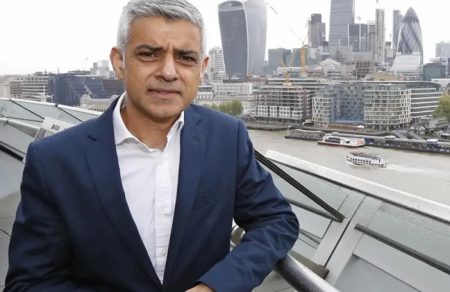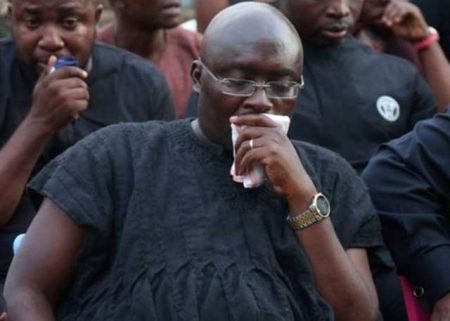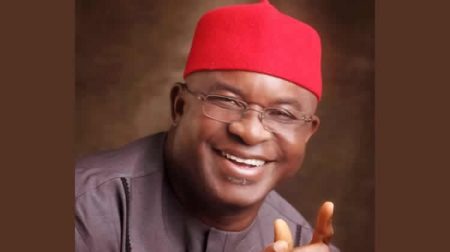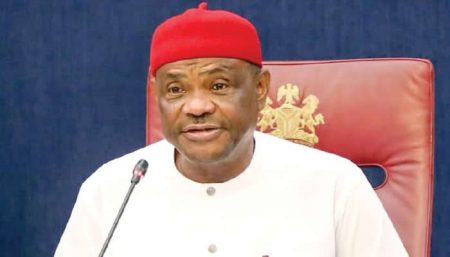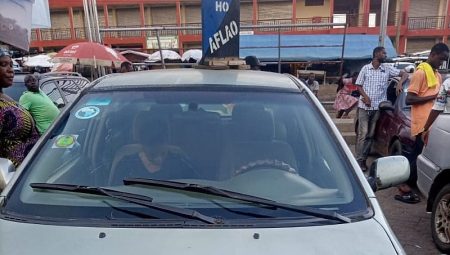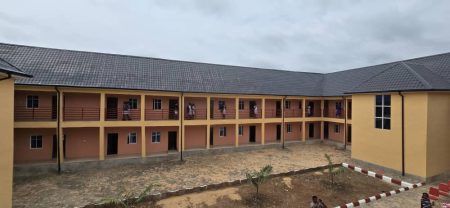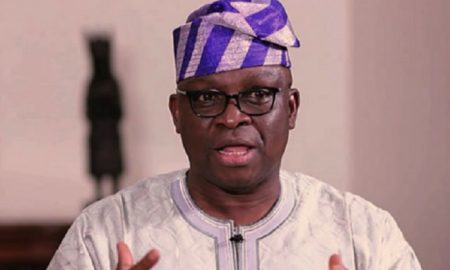The Adamawa State chapter of the African Democratic Congress (ADC) is embroiled in a bitter internal power struggle, fueled by accusations of espionage and political maneuvering. At the heart of the conflict is Comrade Shehu Yohanna, the state chairman of the ADC, and Babachir Lawal, the former Secretary to the Government of the Federation (SGF). Yohanna has publicly accused Lawal, a prominent political figure, of acting as a spy for the ruling All Progressives Congress (APC) within the ADC, alleging that Lawal’s presence is detrimental to the party’s progress. This accusation underscores a deep mistrust between the two figures and suggests a broader power struggle within the Adamawa ADC.
Lawal has vehemently denied these allegations, dismissing Yohanna’s claims as baseless and stemming from fear of being replaced. He argues that Yohanna’s position as chairman is based on an interim arrangement, not a formal election, and therefore, his leadership is not legitimate according to the party’s constitution. This challenge to Yohanna’s authority highlights the precarious nature of his leadership and the potential for internal challenges to his position. Lawal’s counter-accusation shifts the narrative from espionage to internal party politics, framing Yohanna’s accusations as a defensive maneuver against a looming leadership change.
Yohanna’s accusations extend beyond simple espionage. He alleges that Lawal is actively working to install a preferred candidate, Suleiman Umana, as the state chairman, further solidifying his claim of Lawal’s disruptive influence within the party. He portrays this alleged maneuver as a personal attack and a broader attempt to undermine the ADC’s viability. Yohanna’s assertion that Lawal aims to replace him with a “tribal man” adds a layer of ethnic dimension to the conflict, suggesting that the power struggle may be rooted in deeper societal divisions.
Intriguingly, Yohanna also cautions former Vice President Atiku Abubakar to be wary of Lawal’s political machinations. He claims that Lawal’s ultimate goal is not simply to control the Adamawa ADC but to sabotage Atiku’s potential presidential ambitions in 2027, allegedly as part of a larger plan orchestrated by the APC. This claim elevates the internal party dispute to a national level, implicating broader political strategies and potential alliances. It also suggests Atiku’s potential involvement with the ADC and the strategic importance of the Adamawa chapter within the broader political landscape.
Lawal, in his defense, vehemently denies any affiliation with the APC or President Tinubu, emphasizing his past loyalty solely to former President Buhari. He questions the logic of the accusations, highlighting his history of independent political action and challenging the notion that he would now work for the APC. This denial underscores the complex web of political allegiances and rivalries in Nigerian politics, where individual loyalties can shift and alliances can be fluid.
The ongoing dispute within the Adamawa ADC reveals a complex interplay of personal ambitions, political maneuvering, and strategic positioning. The accusations of espionage, the challenge to Yohanna’s leadership, and the alleged involvement of prominent figures like Atiku Abubakar all point to a deeper power struggle within the party. This internal conflict has the potential to significantly impact the ADC’s future in Adamawa State and possibly influence the broader political landscape in the lead-up to the 2027 elections. Whether the conflict will escalate further or be resolved through internal party mechanisms remains to be seen, but its unfolding is certain to be closely watched by political observers and stakeholders alike. The situation underscores the often volatile nature of Nigerian politics and the complex interplay of personal ambitions and party loyalties.


